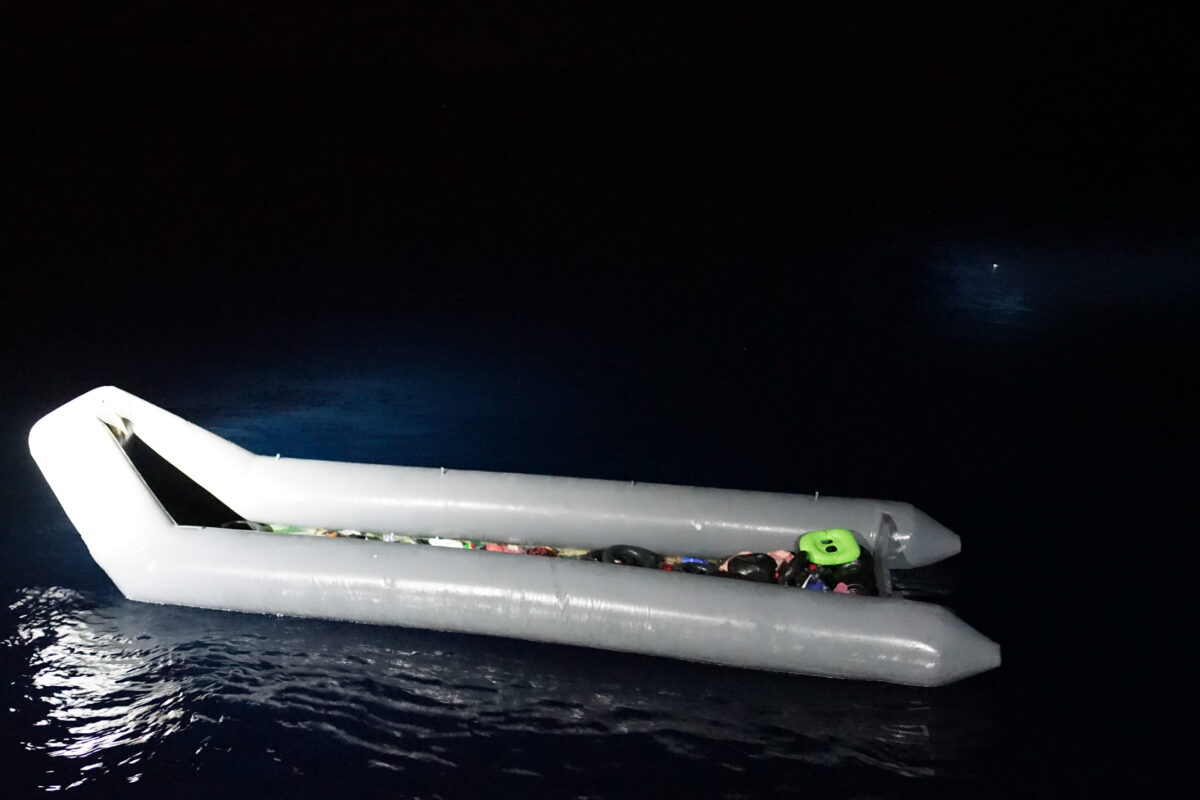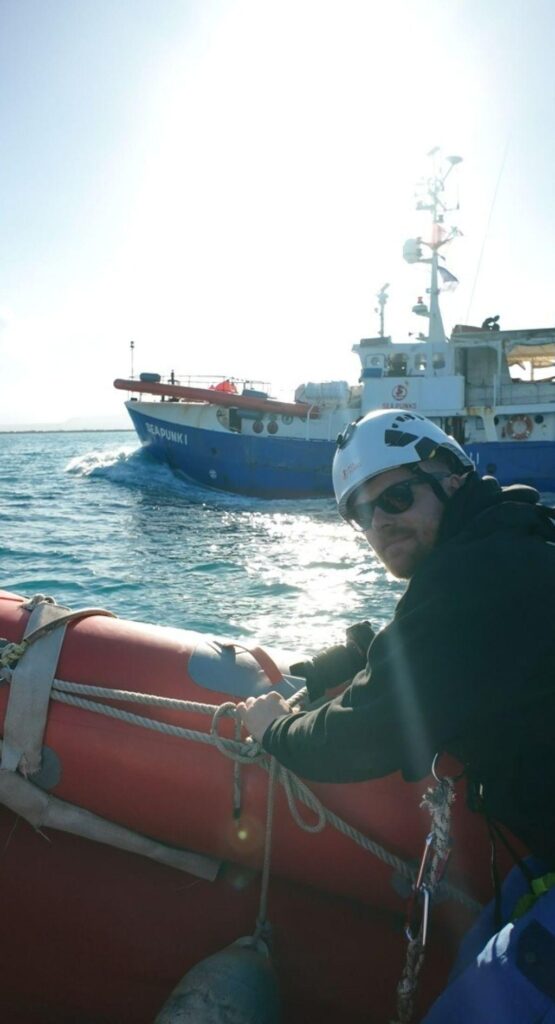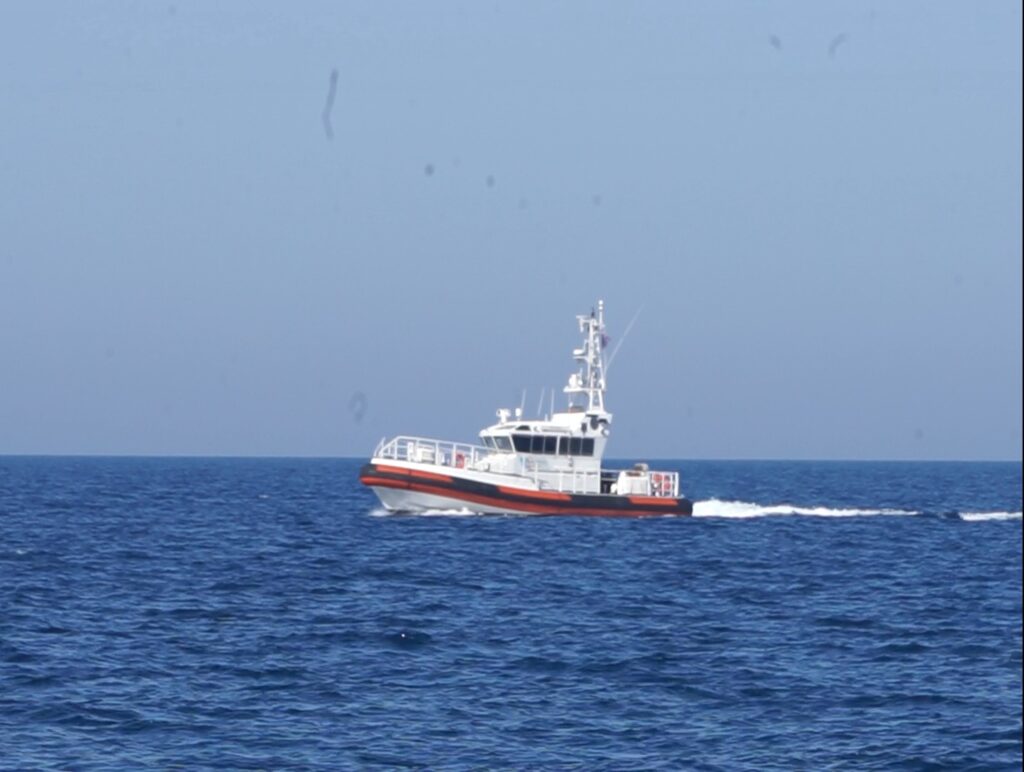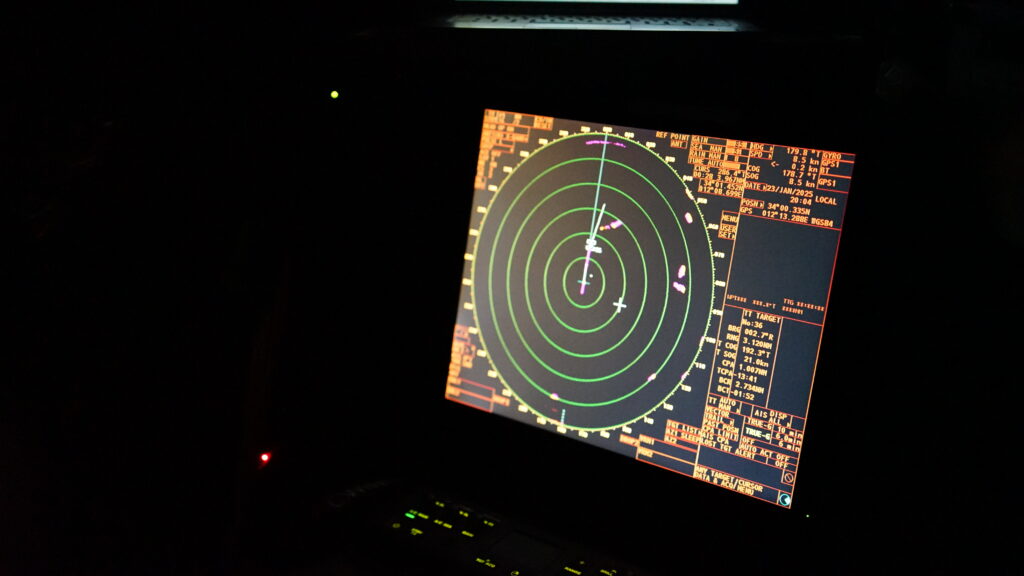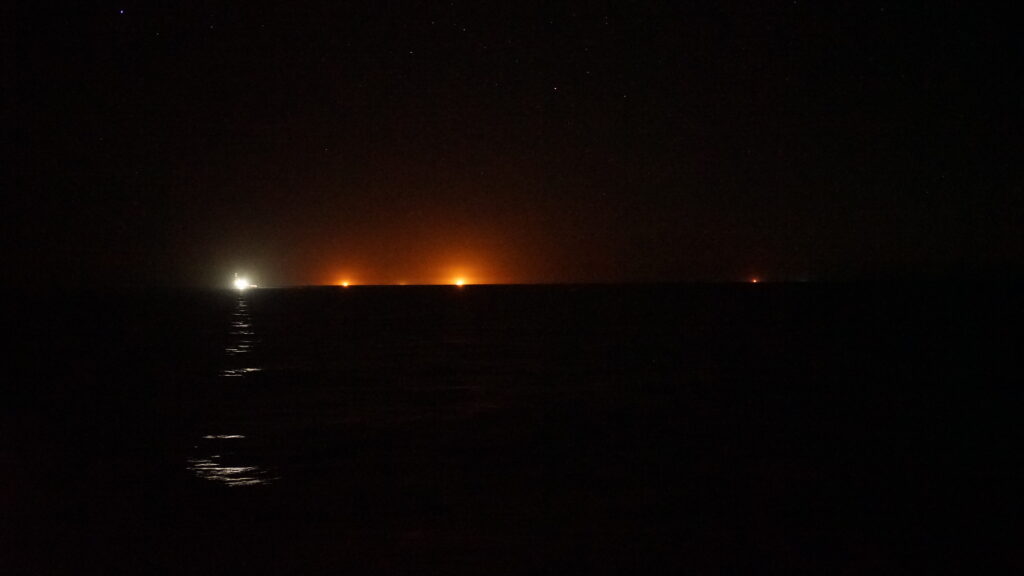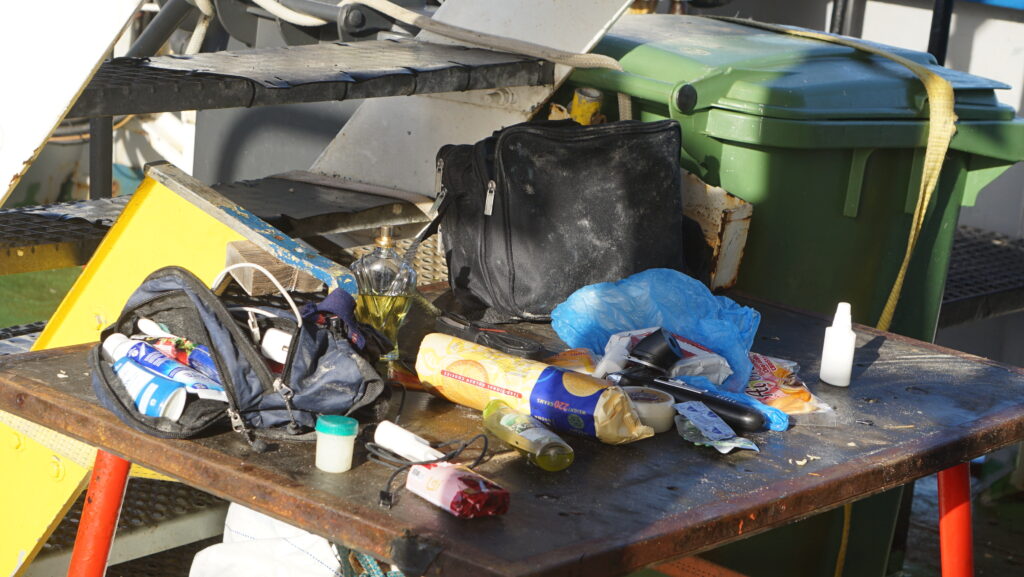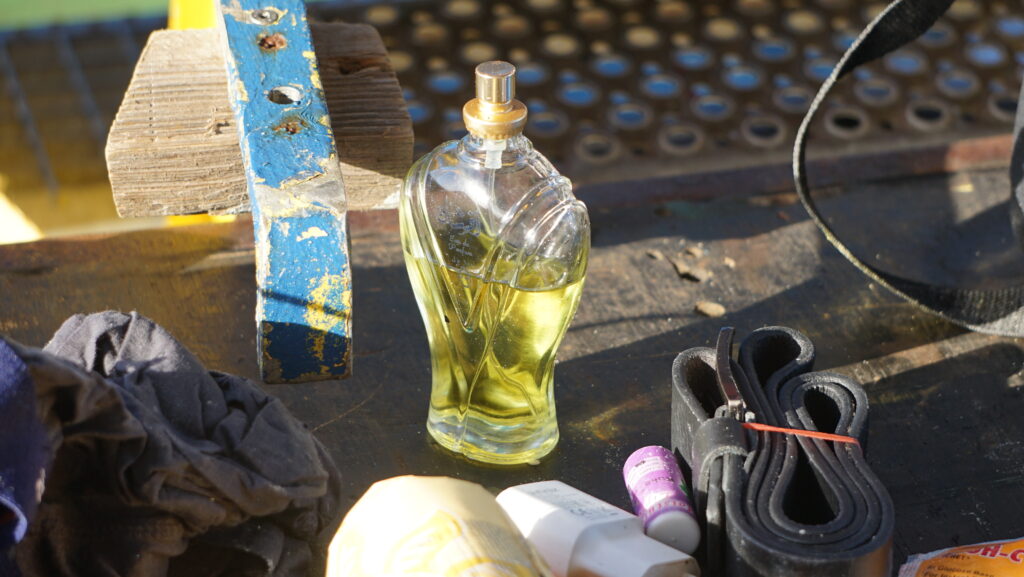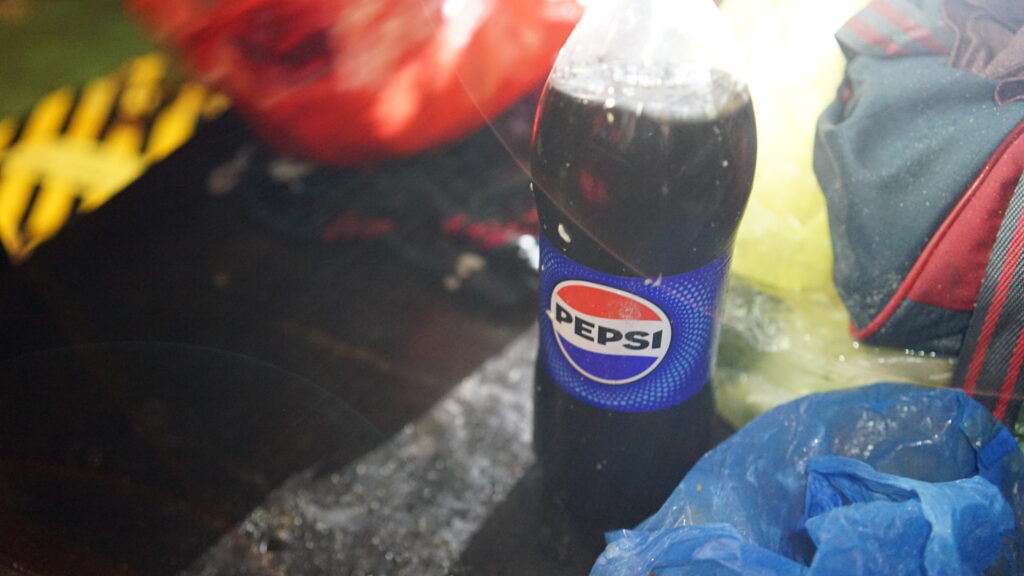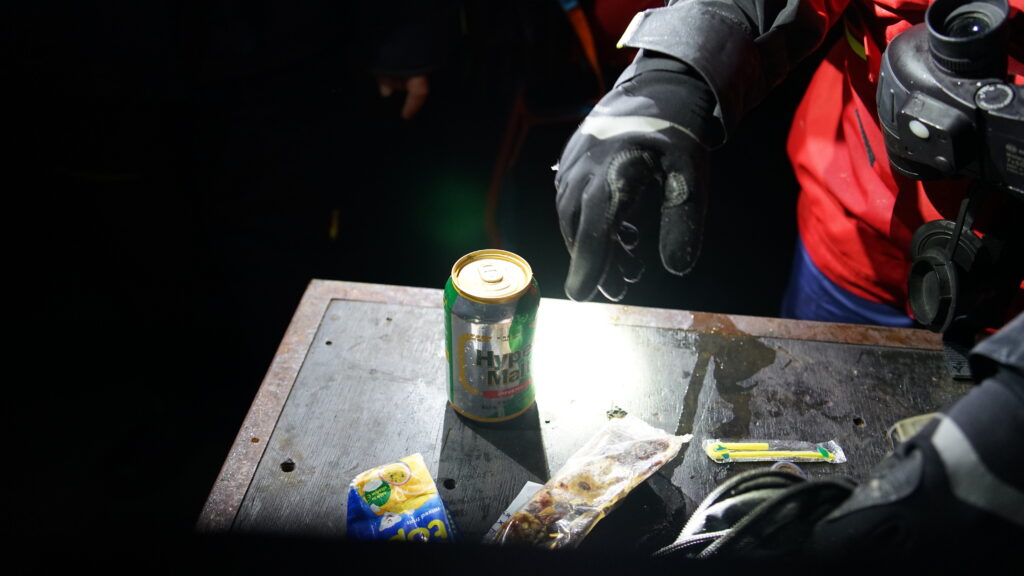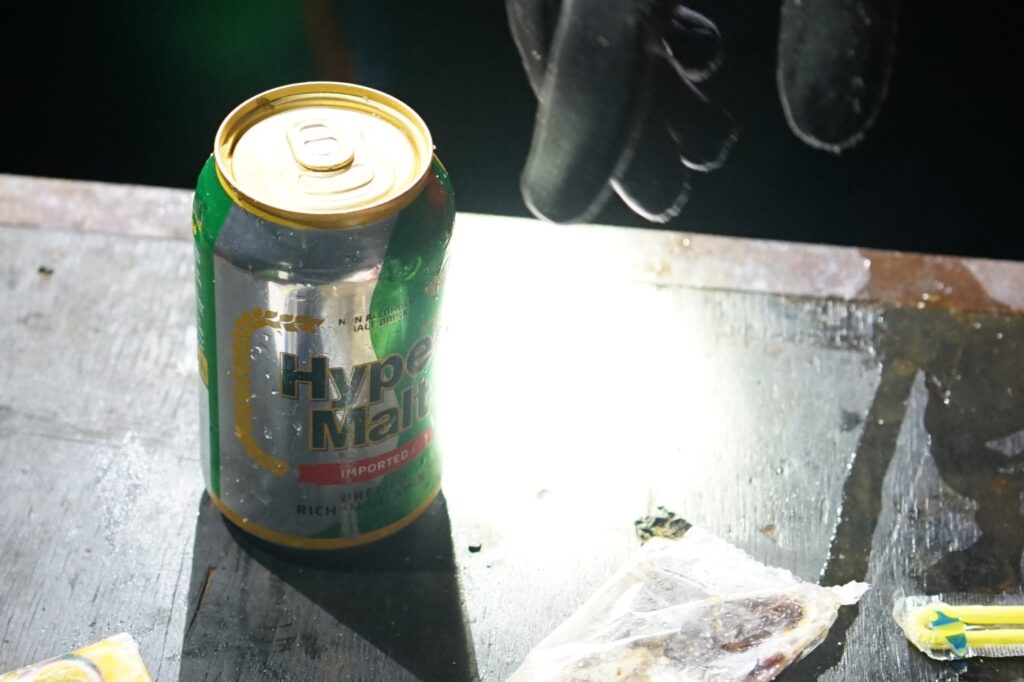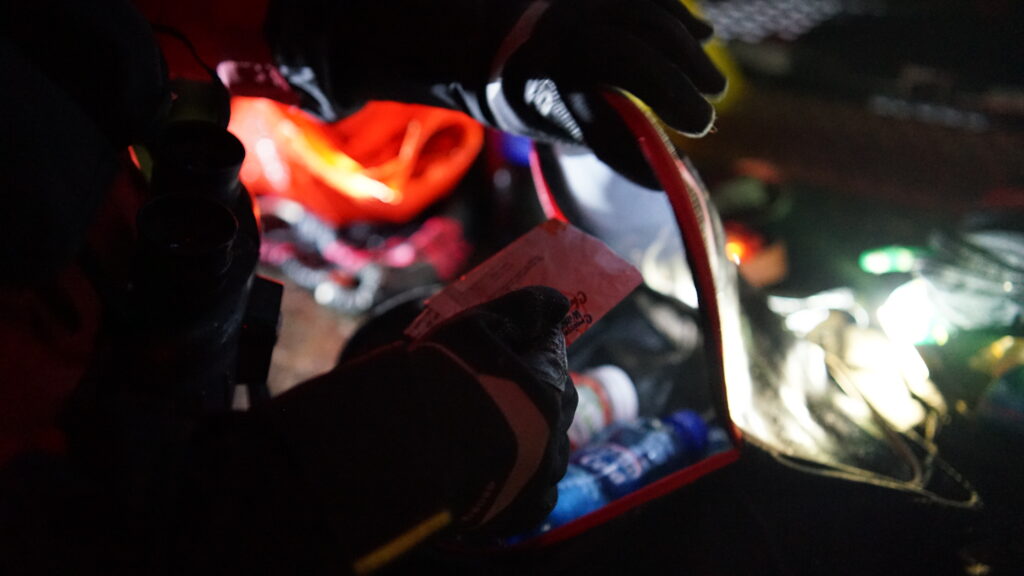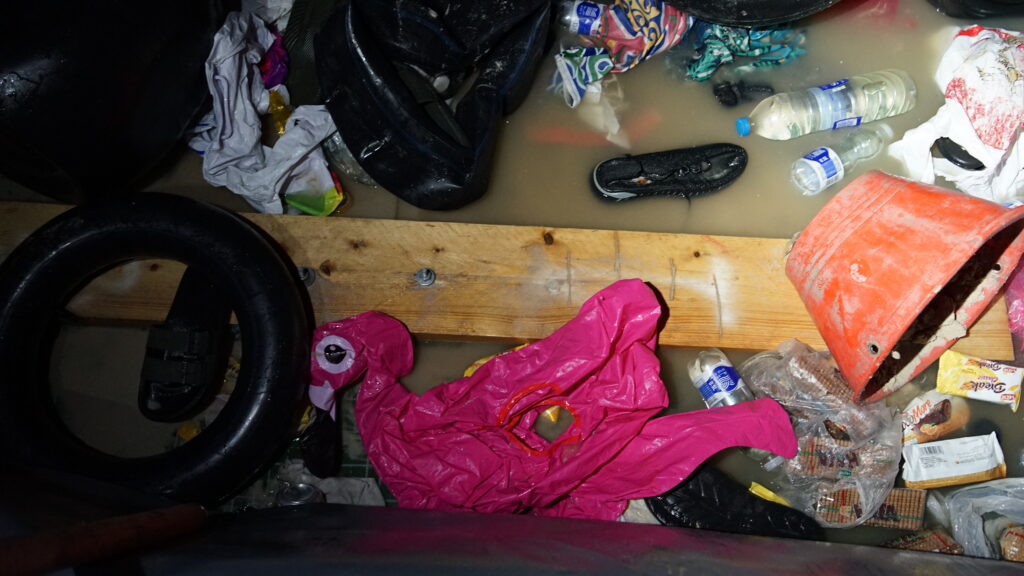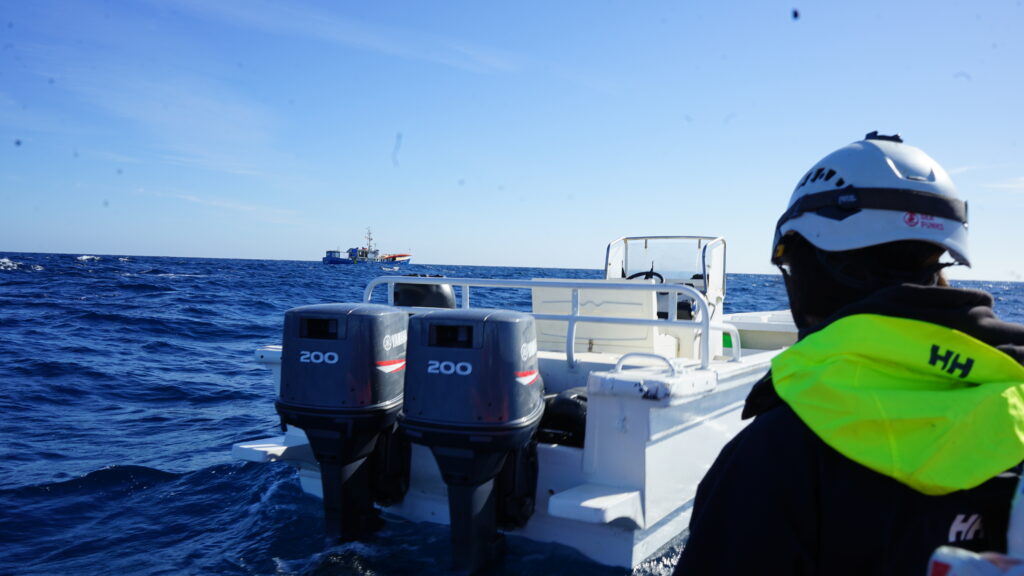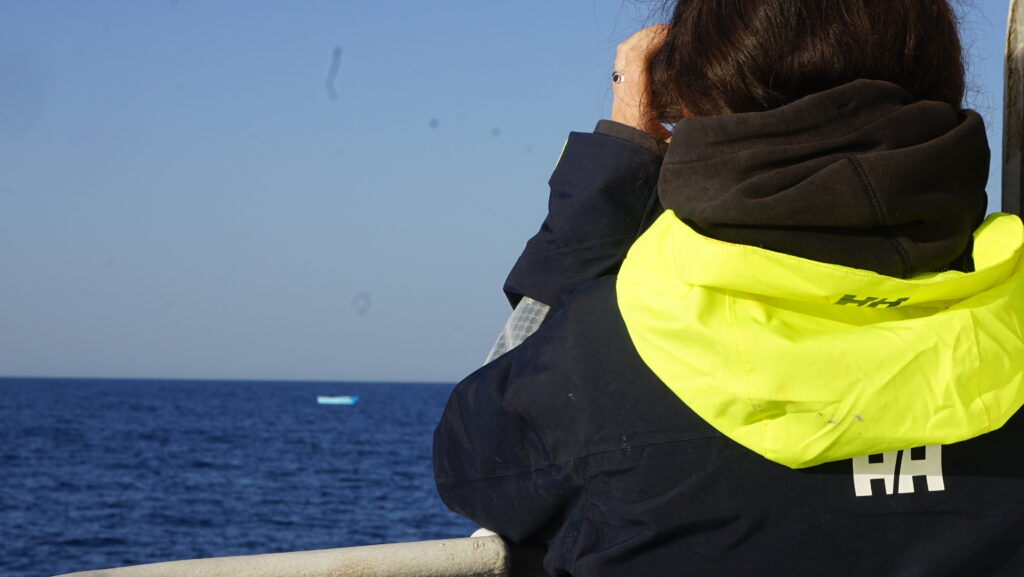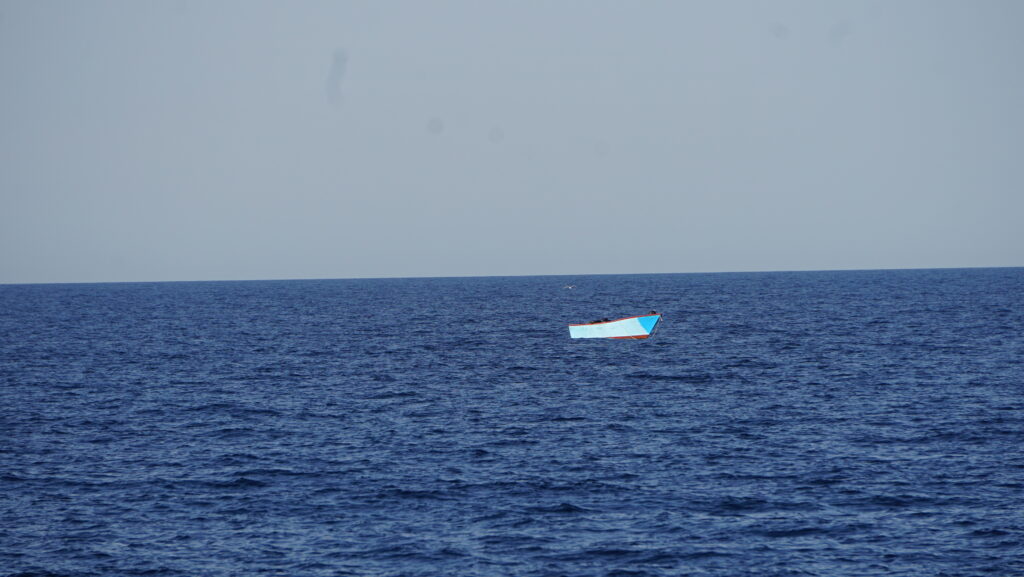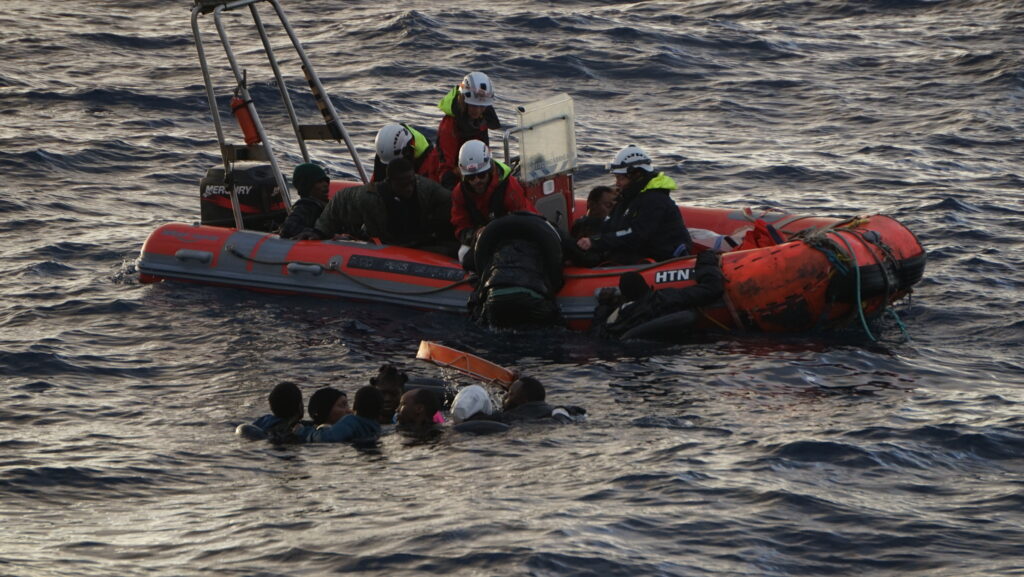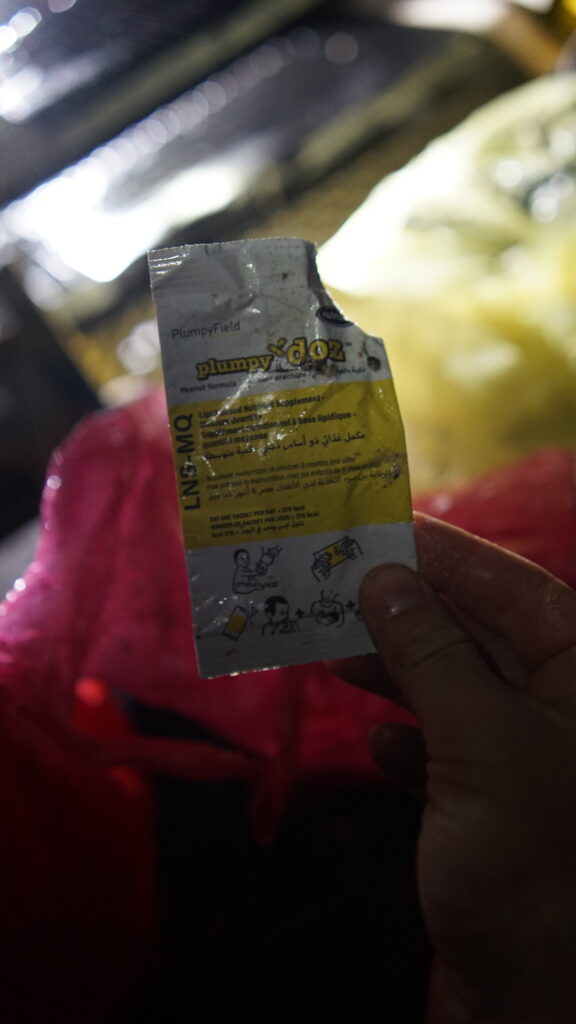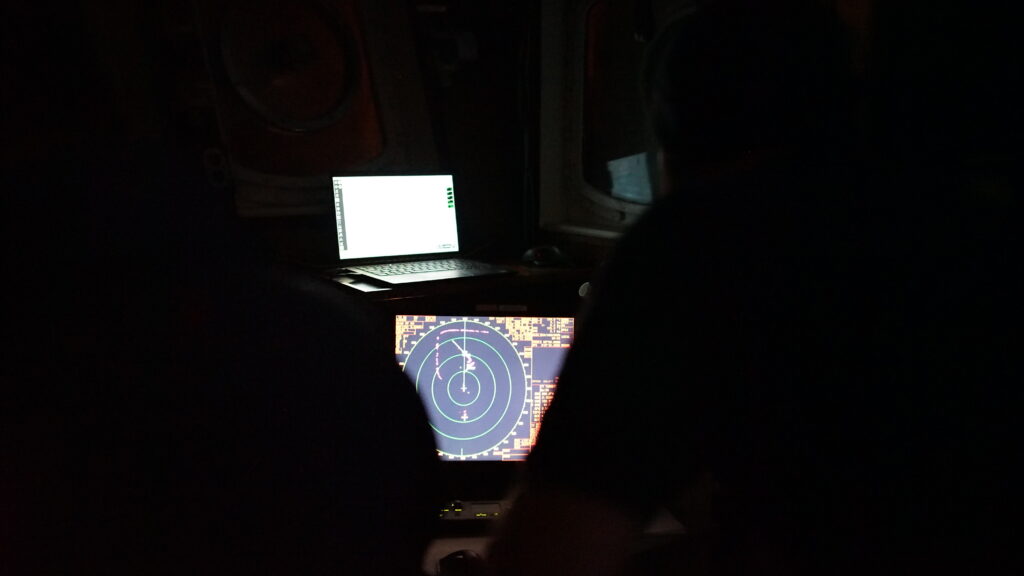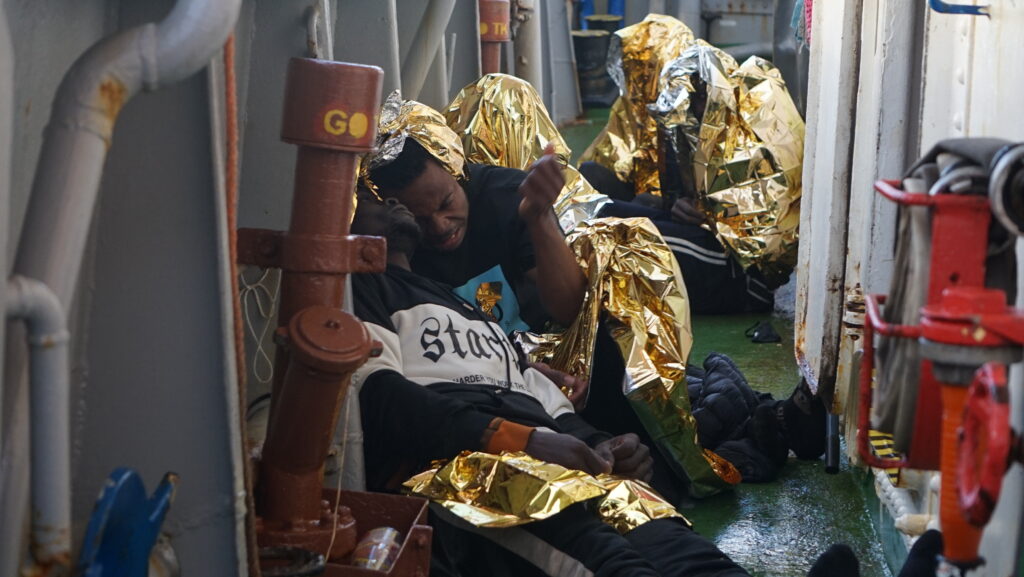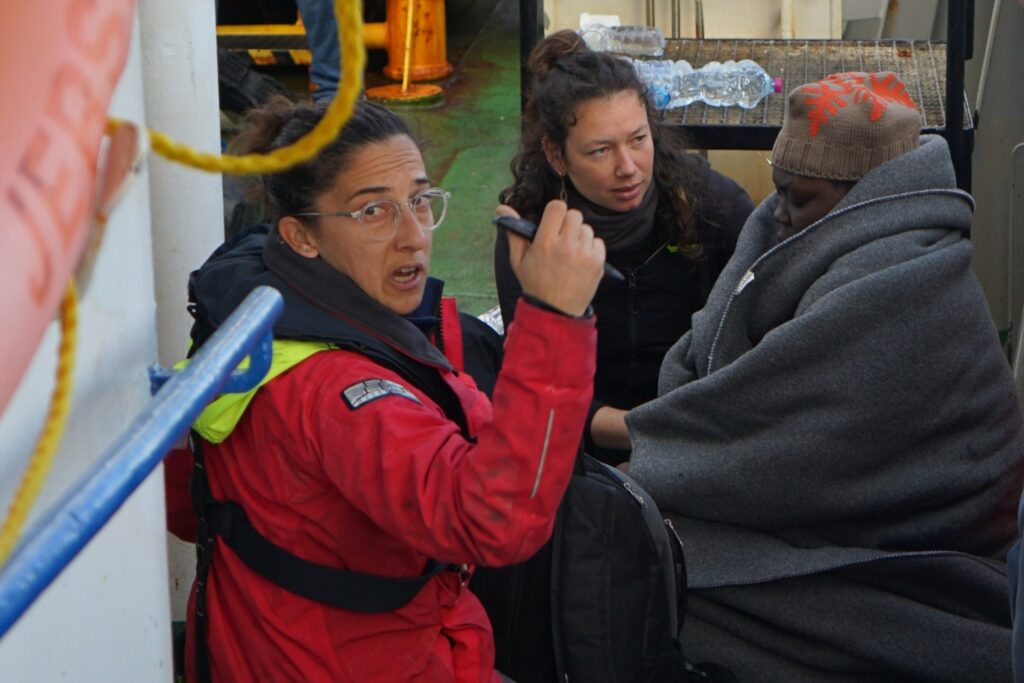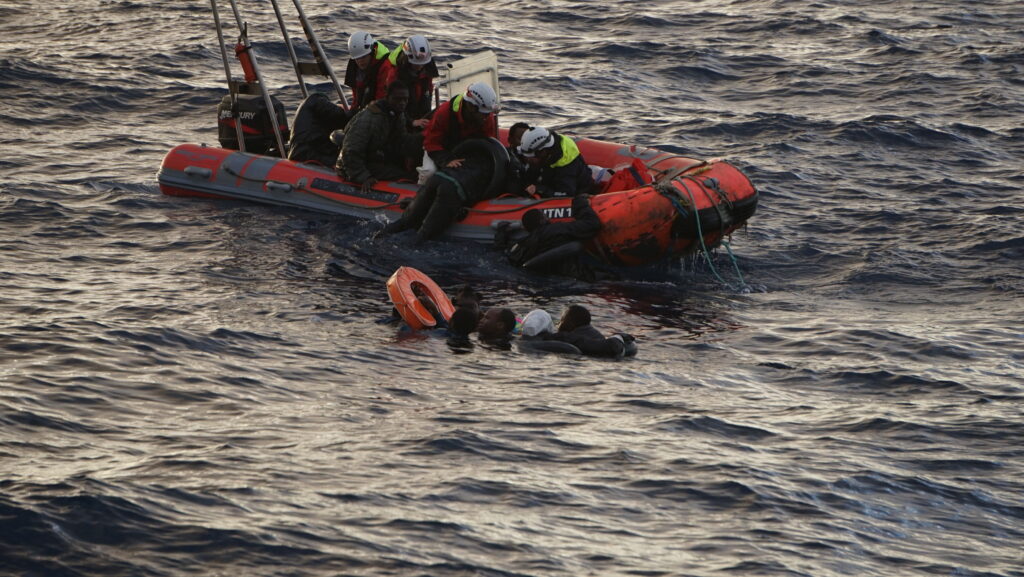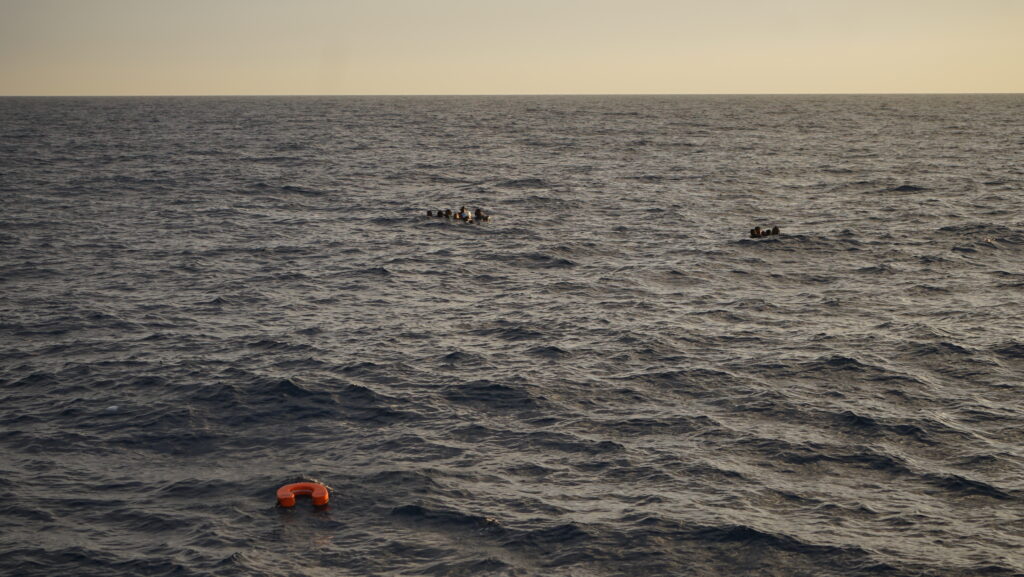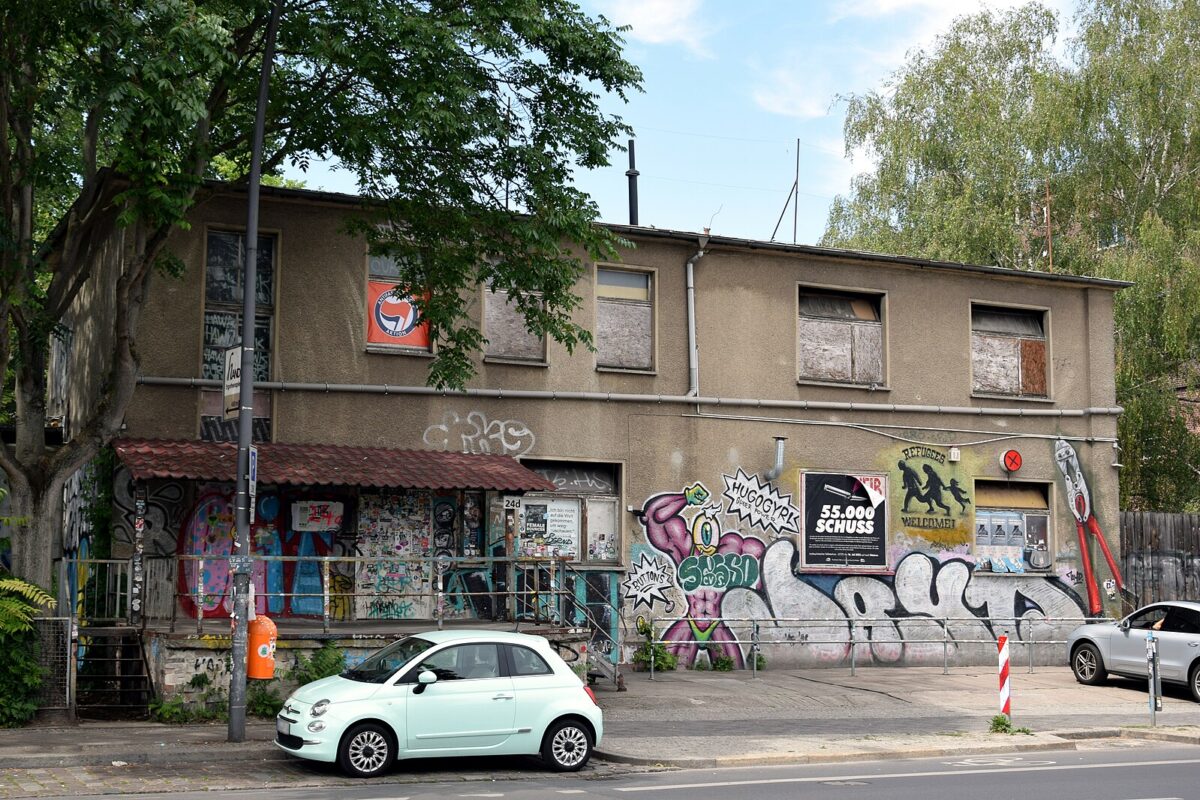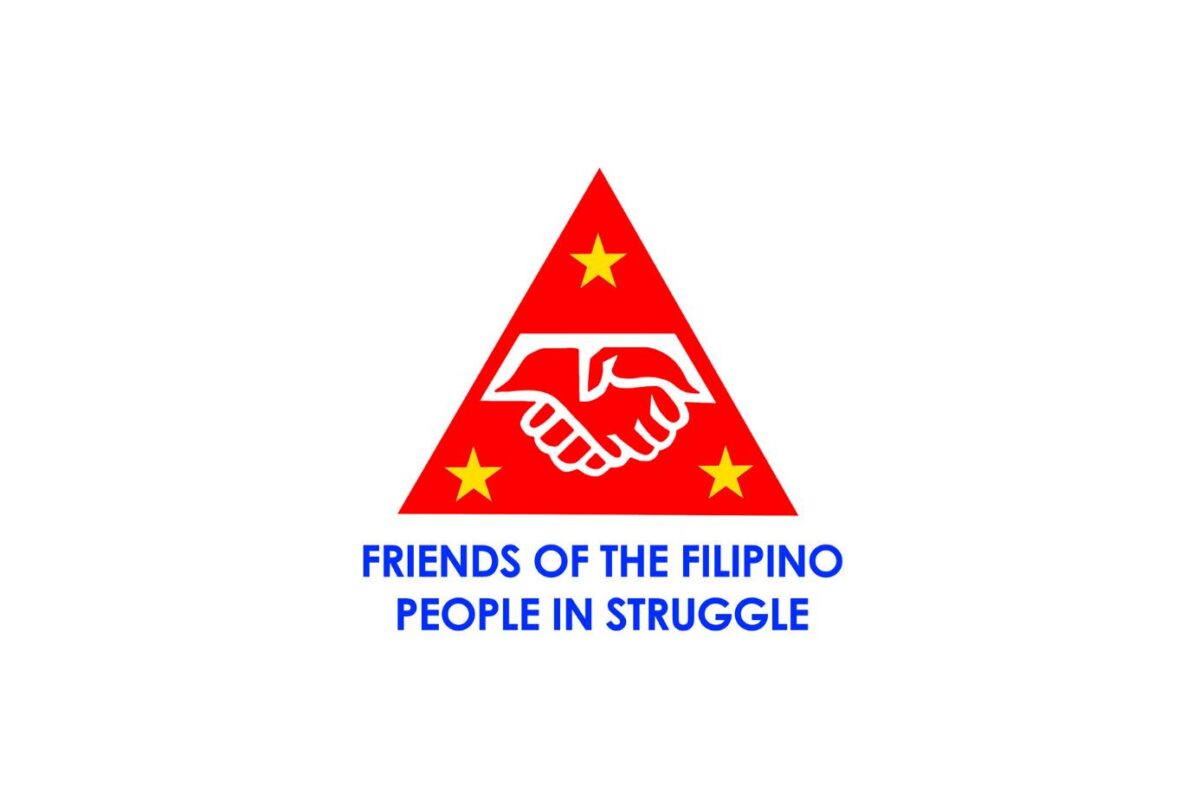(Note: this is the English version of the letter, republished by The Left Berlin with permission. As of 17.9.2025, the original open letter is still accepting signatures.)
We, journalists, media workers, and members of civil society, hold German media institutions fully accountable for their ongoing role in enabling the systematic and deliberate killing of our Palestinian colleagues.
According to the Committee to Protect Journalists (CPJ), more journalists have been killed in Gaza than in any armed conflict in recent history. Yesterday alone, on 25th August, Israel killed five more Palestinian journalists in a double strike on Al-Nasser-Hospital, raising the death toll of Palestinian journalists to 273 since 7 October 2023. Yet, most German media outlets continue to respond to these killings by ignoring, discrediting or defaming their colleagues.
A harrowing example is the recent assassination of Anas Al-Sharif, a 28-year-old award-winning Al Jazeera journalist, who was murdered on August 10, 2025 by an Israeli airstrike, along with five other Palestinian media workers. They were sleeping in a tent clearly marked “press” outside Al-Shifa Hospital. Days before his murder, the CPJ publicly warned that Israel’s smear campaign against Al-Sharif was a precursor to assassination and called for his protection. Most German media outlets ignored these warnings and instead repeated Israel’s unverified claims that portrayed him a “Hamas terrorist.” What’s more, the repetition of these claims served to ignore the murder of the other five media workers by dangerously reinforcing it as acceptable collateral damage.
This is not a single failure of fact-checking. This is systematic. The Israeli military has a well-documented pattern of smearing Palestinian journalists to label them as “lawful military objectives” in order to justify their deliberate targeting. By repeatedly amplifying this propaganda, German media outlets have effectively provided Israel with a license to kill Palestinian journalists with impunity.
The following headlines, a glimpse of daily Gaza coverage across German media landscape, speak for themselves:
Süddeutsche Zeitung (11.08.2025): “Jazeera Journalist Killed in Gaza. Israel: Terrorist”
Bild (11.08.2025): “Israel Kills Gaza reporter – Journalist or Terrorist?
taz (09.01.2025): “Can Journalists be Terrorists?”
Die Welt (10.06.2024): “‘Journalists held Hamas hostages’ – Jazeera denies connection”
Tagesschau (05.02.2024): “Qatari broadcast Jazeera – Support for Hamas”
To be clear, killing journalists constitutes a serious war crime and justifying it is an act of complicity!
German journalist unions have also played their part. While condemning the recent killing of Anas Al-Sharif, the Deutsche Journalistinnen- und Journalisten-Union (DJU) labeled him a terrorist sympathizer and the Deutsche Journalisten-Verband (DJV) warned a week before about alleged photo manipulations of starving children by Palestinian journalists. Both actions serve to discredit Palestinian journalists and cast doubt on their reporting.
Meanwhile, German media has failed to offer their Palestinian colleagues any visibility and protection routinely provided to international reporters. Most outlets haven’t issued even basic statements of solidarity, ignoring the courage of these journalists who report relentlessly under fire, forced displacement and a deliberate starvation campaign the genocide of their own people.
Even more fundamentally, major media institutions have consistently obscured the historical and political context in their reporting on Gaza and presented that it all began on October 7. This framing erases decades of Israel’s brutal colonization, illegal occupation and systematic oppression of Palestinians, thus reversing victim and aggressor. This is not a coincidence but an expression of the compliance with German state narrative and its declared Staatsräson.
A recent example is the outlet taz, which published two articles this month that deny the Nakba—the ethnic cleansing of more than 750,000 Palestinians and the dispossession of their land. One of the articles even went so far to compare these crimes to “Germany’s liberation from fascism in 1945.”
This professional and ethical collapse within media institutions not just dehumanizes Palestinian journalists and contributes to their killing, it betrays the core principle of journalism itself: a commitment to truth, to those risking everything to tell it, and to always question power and state narratives.
We demand that German media institutions
- stop spreading amply unverified Israeli state propaganda and refrain from using passive language that avoids naming Israel as the perpetrator;
- stop framing Israel’s crimes against Palestinians as a neutral “conflict” between equal sides and provide the historical and political context;
- stop dehumanizing Palestinians and instead include their voices, perspectives and lived experiences in their reporting;
- establish transparent editorial policies detailing how reporting on Gaza is sourced, verified and labeled;
- collaborate with and employ Palestinian journalists, ensuring they receive credit, visibility and institutional support;
- publicly defend press freedom in Gaza and demand protection for Palestinian journalists and media workers on the ground;
- adhere to professional and ethical standards of journalism, including rigorous verification of information and the questioning of power and of Germany’s state narratives on Palestine and Israel;
- undertake a full political, legal and public reckoning of their role in enabling and legitimizing Israel’s crimes against Palestinians and the genocide in Gaza.
We urge all journalists and media workers within German media institutions
to reject being used as tools of propaganda by power, and to stand unequivocally for the truth and with their Palestinian colleagues reporting on the ground.
Berlin, 26.08.2025
The open letter was initiated by a group of journalists and media workers based in Berlin. For feedback or inquiries, please email openlettertogermanmedia@proton.me.
List with Signatories (Update: 267)
Lea Jungmann, Concerned Citizen
Pary El-Qalqili, Filmmaker
Anna Barakat-Goelnitz, Concerned Citizen
Emilia Tudose, Lawyer
Walid Abdelnour, Filmmaker
Jan Ralske, Film Director
Matthias Monroy, Editor
Caytana Lydia Hrachowy, Concerned Citizen
Nadine Simmer, Artist
Moritz Gauss, Concerned Citizen
Karim Eid-Sabbagh, Independent Researcher
Rainer Brömer, Historian of Science
Ramis Örlü, Professor from Norway
Nadine Essmat, Independent Photojournalist
Myrielle Busch, Concerned Citizen
Damon Taleghani, Writer
Eva Gutiérrez Alonso, Light Designer
Julian Daum, Journalist
Sebastian Damm, Civil Servant
Rami-Habib Eid-Sabbagh, Product Manager
Wael Eskandar, Independent Journalist
Mariam Aboughazi, Photographer and PhD Candidate
Fares Hamade, Filmmaker
Hüseyin Doğru, Journalist
Nasrin Karimi, Lawyer
Sunna Keles, Legal Advisor (juristische Referentin)
Nadija Samour, Lawyer
Miriam Schulte, Theatre Maker
Yasmeen Daher, Director- Febrayer Network for Independent Arab Media
Xénia Gomes Adães, Freelance (Photo-) Journalist
Antonella Lis Vigilante, Care Worker
Christiane Schmidt, Filmmaker
Robert Grabosch, Lawyer
Valeria Tapia D. Gauss Singer, Concerned Citizen
Schirin Amir-Moazami, Professor
Don Karl, Autor
Nahed Awwad, Filmmaker
Farah Maraq, Journalist and Media Researcher
David Fernandez, Musician
Nina Ogilvie, Lawyer
Kyra Levine, Freelance Media Worker
Sahar Barghouti, Concerned Citizen
Michele Faguet, Writer
El Solh Wahid, Sound Engineer
Helen Whittle, Journalist
Melissa Müller, Independent Journalist
Anosha Wahidi, Lawyer, Civil Servant, anti- Racism Avocat
William Noah Glucroft, Journalist
Lisa Kaya Teacher
Danja Bergmann, Human
Anonymous, Musician
Ewa Wyrebska, PhD, Philosophy Scholar
Dr. Sylvie Tappert, Psychotherapy
Lucy Thomas, NGO Consultantb
Teresa Zonno University Lecturer
Julian Breuer, Technician
Jasmine Rochereul, Student
Marcello Maschke, Civil Servant
Anonymous, Director of Photography
Aileen Phoenix, Musician
Martin Born, PhD Researcher
Philip Holzapfel, Author, MENA Advisor to Former EU High Representative Josep Borrell
Andrés López Ponce, Film Editor
Elad Lapidot, Professor for Hebraic Studies
Daniel Jess, Teacher
Dr. Benjamin Schuetze, Senior Researcher & Research Group Leader
Melanie Schweizer, Lawyer
Aliaa Adel, Head of Strategy
Montserrat Alvarez, Baker, Concerned Citizen
Louis Maurer, Healthcare worker
Wael Salam, Teacher
Rebecca van Es, Concerned Citizen
Kai Kappes, Former Journalist
Eva Bollerhoff, M.A.
Tamara Böhme, Concerned Citizen
Justus Könneker, Independent Journalist
Maria Klenner, Photojournalist
Sanela Kapetanović, Journalist
Julia Bar-Tal, Farmer, Food Rights Defender
Chiara Wettmann, Photographer
Sofian Philip Naceur, Journalist
Anonymous, Islamic Studies (Islamwissenschaftler)
Viviane Schmidt, Student
Luise Hirner, Student
Henry Hakamaki, Educator, Editor, and Podcaster
Christoph Jahn, Linguist
Luisa Hahn, Midwife
Olivia Günter, Lawyer
Michele Tan, Ex-UN, Independent Peacebuilding Consultant
Cordula Reimann, Independent Process Facilitator & Mediator
Paul Ziegler, Human
Miray Demir, Children Rights (Kinderrechtswissenschaftlerin)
Dr. Martin Thiele-Schwez, Entrepreneur (Unternehmer)
Nicole Wolf, Academic
Philip Rizk, Filmmaker
Tamara Kohl, Consultant
Anonymous, Psychologist
Åsa Sonjasdotter, Visual Artist
Raphaël Grisey, Filmmaker, Visual Artist, Researcher
Zahra Fayad, Concerned Citizen
Andrew McCormack. Graphic Designer
Najwa Sabra, Humanitarian Worker
Parwane Ehrari, Hotel General Manager
Noa Élie Vollmer, Student
Stefanie Baumann, Researcher
Dmitry Vilensky, Artist and Filmmaker
Thomas Klingenmeier, Process Manager
Miquel Ramos. Journalist
Atilla Massier, Concerned Citizen
Anne Klingenmeier, Concerned Citizen
Yasmin Bauer, Test Engineer
Dana Novanova IT consultant
Ann Kiernan Political Illustrator
Snežana Stanković, Researcher
Jeanine Atai; Literary Studies (Literaturwissenschaftlerin)
Claudia Rodriguez, Project Manager @ Siemens Healthineers
Hinnrk Glnitz, Lawyer
Olivia Günter, Lawyer
Miriam Lethmate, Concerned Citizen
Jakob Reimann, Journalist
Walid El Houri, Editor & Researcher
Naima Sebe, Filmmaker
Áine Hutchinson, Psychotherapist
Zarona Ismailova, Concerned Citizen
Kent Klich, Photographer
Volker Jacoby, Political Scientist
Sînziana Păltineanu, Writer
Pauline Plötz, Concerned Citizen
Omran Mohra, Concerned Citizen
Daniela Koerppen, Concerned Citizen
Stefan van der Burg, Sound Engineer
Prof Michael Barenboim, Musician
Bianca Maass, Concerned Citizen
Mounia Mälzer, Concerned Citizen
Minu Vogel, Theatre Educator and Master’s student in Transformation Studies
Melih Akyazililar, Director, Editor, Writer
Ralf Pleger, Filmmaker and Director
Sylvia Girgis, Concerned Citizen
Matthias Böhler, Artist
Iris Hefets, Psychoanalyst
Gabriela Seith, Concerned Citizen
Nissrine Saraireh, Senior Business Operations Manager MBA
Udi Raz, PhD Candidate BGSMCS
Aurelia Kalisky, Senior Research Fellow at the Centre Marc Bloch Berlin
Athanasia Tsavala, Concerned Citizen
Sedige Ghadiri, Concerned Citizen
Jacob K. Langford, Scholar and Artist
Aline Palloure, Teacher
Dr. Lana Sirri, Researcher
Anna Margit, Architect
Milena Wernthal, Concerned Citizen
Laura Boser, Performer and Theatre Maker
Sonja Knüppel, Cultural and Social Worker
Alice van Caubergh, Concerned Citizen
HP Ruth Luschnat, Social Worker
Loreto Solís Germani, Journalist and Translator
Dona Asisi, Artist
Anna Lena Meisenberg, Artist
Leander Baer Lienert, Stage Lightening
Ruth Fruchtman, Writer
Yergalem Taffere, Artist
Friedrich Rosen, Concerned Citizen
Nina Pietropoli, People Ops Manager
Daniel Oppenheimer, Employee
Robert Sachse, Ingenieur
Dr. Brian Currid, Translator
Linh Tran, Social Worker
Rexane Rasmussen, Political Scientist
Lida Papakonstantinou, Concerned Citizen
Zorka Obrenić, Concerned Ctizen
Anika Gabler, Nurse
Sabine Bretz, Political Educator
Hatice Caliskan Nurse
Adam Ruprich, Concerned Citizen
Eliana Ben David, Concerned citizen
Andreas Seelig, Physician
Dima Moghrabi, Concerned Citizen
Hartmut Vogel, Concerned Citizen
Dr. Mark Curran, Artist & Educator
Leila Boukarim, Author
Lola Risse, Student
Carolina Doran, Project Officer
Anonymous, Copywriter
Olaf Schnabel, Physician
İlknur Bahadir, Actress
Barbara Meier, Concerned Citizen
Nicolas Batthyany, Actor
Jerome Hillel Bark, Software Engineer
Martin Borgs, Ingenieur
Fabian Goldmann, Journalist
Ahmed Farouk M.Aly, Journalist & Translator
Anonymous, Care Worker
Aşkın-Hayat Doğan, Diversity Trainer
Sarah Lucey Teacher
Dr Daniel G.B. Weissmann, Pol. Comms Researcher
Nadin Klomke, Concerned Citizen
Mina Jawad, Writer
Diana Hodali, Freelance Media Worker
Gennaro Gervasio, University Professor
Roberta Pasini, Concerned Citizen
Alessia Cecchini, Consultant
Rossella Merullo, Concerned Citizen
Martina Altieri, Life Coach
Yasar Fattoom, Aid Worker
Anna Susi, Language Teacher
Helena Klaßen, TraumaTherapist
Paola Stablum, Advisor
İdil Efe, Concerned Citizen
Yara Almunaizel, Concerned Citizen
Meltem Arsu, Editor
Rachela Tonta, Independent Researcher
Anonymous, Concerned Citizen
Mara Müller, Student
Nora Lawand, Concerned Citizen
Hanan, Concerned Citizen
Bettina Marx, Journalist and Writer
Dr. Tamar Amar-Dahl, Concerned Citizen
Abdullah Habhab, Concerned Citizen
Klara Maria Appel, Concerned Citizen
Anonymous, Grant Specialist
Ruairí Casey, Concerned Citizen
Hadas Emma Kedar, PhD student for Communication Studies, UHH
Marie Gollmann, Concerned Citizen
Ali Aykar, Actor
Raja Goltz, Social Worker and Researcher Artist
Alissa Fink, Freelancer
Prof. em. Dr. Fanny-Michaela Reisin, Professor
Anonymous, Lawyer
Nicole Tews, Nurse and Art Therapist
A. Hecht, Student
Theresa Schwenk, Student
Anonymous, Call Center Slave
Jakub Czernieski, Concerned Citizen
Zoë Claire Miller, Artist and Organizer
Anonymous, Student
Katya Sander, Professor
Nurit Hershkovitz ter Kuile, Concerned Citizen
Kurtis Sunday (Pen Name), Writer
Eyal Li, Researcher
Wieland Hoban, Composer, Translator and Author
Hadi Albalkhi, Software Developer
Mark Gerban, Concerned Citizen
Ahsan Atique, Ingenieur
Nevin Duran, Lawyer
Cenî Kurdish, Women’s Office for Peace
Sarafina Franziska Lovisa Paschold, Student
Evelyn Bittaye, Retired
Dr. René Wildangel, Independent Journalist
Moritz Zahn, Student
Nils Vogel, Academic
Walid Aqleh, Senior Staff Software Engineer
Merle Annika Michaelsen, Gynecologist
Alexandra Fabitsch, Communications Specialist
Anonymous, Project Manager
Franziska Weber, Educator
Nora Geisler, Communications Consultant
Julian Brudereck, Concerned Citizen
Frauke Driessen Artist
Georg Auernheimer, Concerned Citizen
Manfred Jeub, Pastor and Schuldekan i. R.
Shirin Rahman, Concerned Citizen
Anonymous, Scientist
Grit Lemke, Author and Director
Caroline Haertel Director and Producer
Lucia Vannucchi, Filmmaker
Catalina Florez, Director
Julie Pfleiderer, Director

